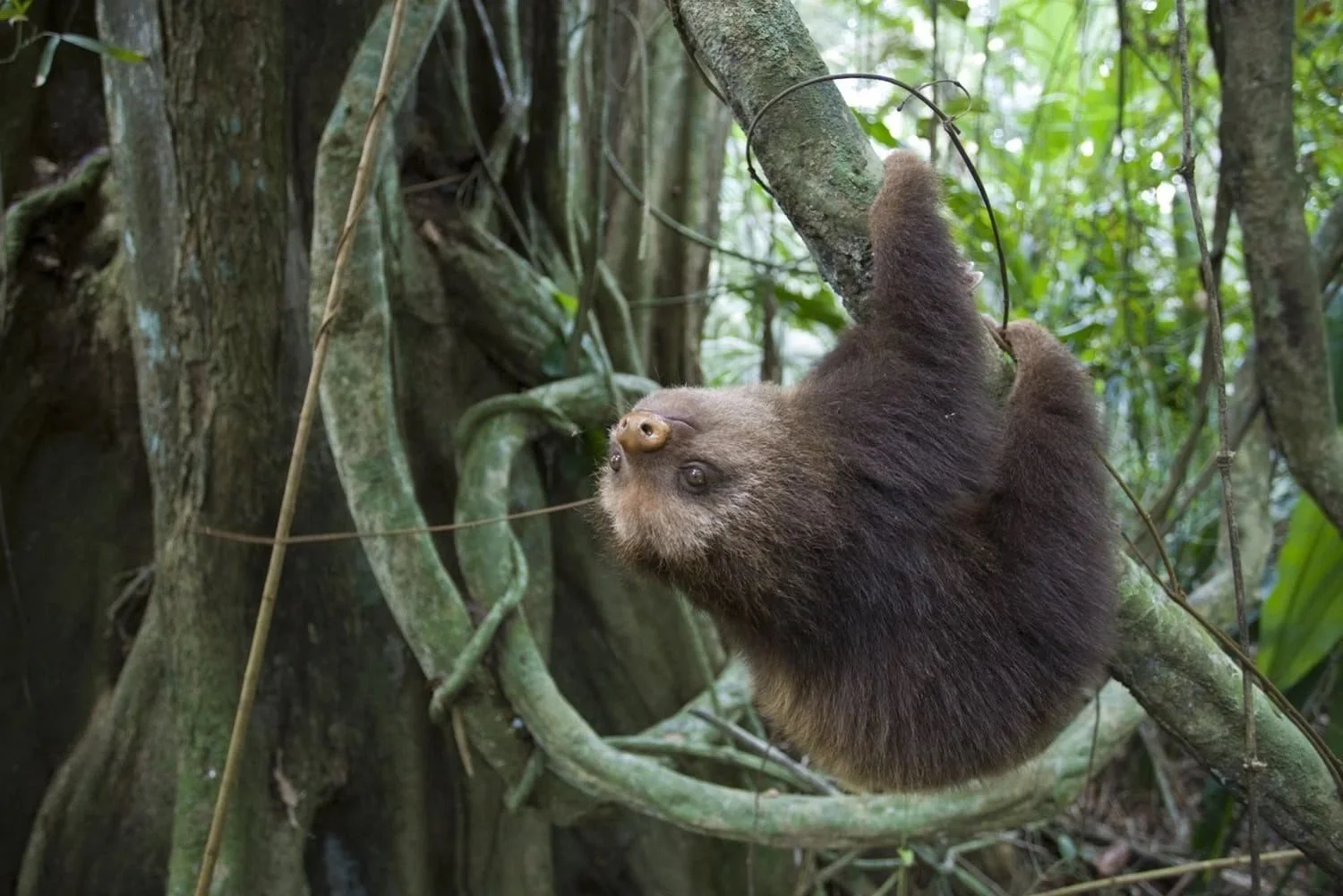
2024 | Climate Change Threatens the Future of Sloths
Cliffe, R.N., Ewart, H.E., Scantlebury, D.M., Kennedy, S., Avey-Arroyo, J., Mindich, D. and Wilson, R.P., 2024. Sloth metabolism may make survival untenable under climate change scenarios. PeerJ, 12, p.e18168.
How Weather Shapes Maned Sloths’ Behavior and Visibility
The Maned Sloth, also known as Bradypus torquatus, indigenous to the Atlantic coastal rainforest of Brazil, are threatened by human interference, hunting activities, deforestation, and habitat loss, as well as climate change that affect their behavior.
Human-Caused Wildfires Spell Doom for Giant Sloths in California
In a recently published investigation called “Pre–Younger Dryas megafaunal extirpation at Rancho La Brea linked to fire-driven state shift,” Frank O’Keefe from Marshall University and his research team unfold the factors behind the disappearance of enormous prehistoric creatures in Southern California.
How global warming and climate change will affect three-fingered sloths?
Dr. Cliffe’s research from 2018 determining the metabolic rate of three-fingered sloths was utilized by a team of researchers based in Brazil, working to conserve sloths in the Amazon and Atlantic Forests of Brazil. Dr. Cliffe’s data was modeled against climate change predictions, and data from different ecologists quantifying and predicting current and future land cover and land use in the Amazon and Atlantic Forests were also used.




